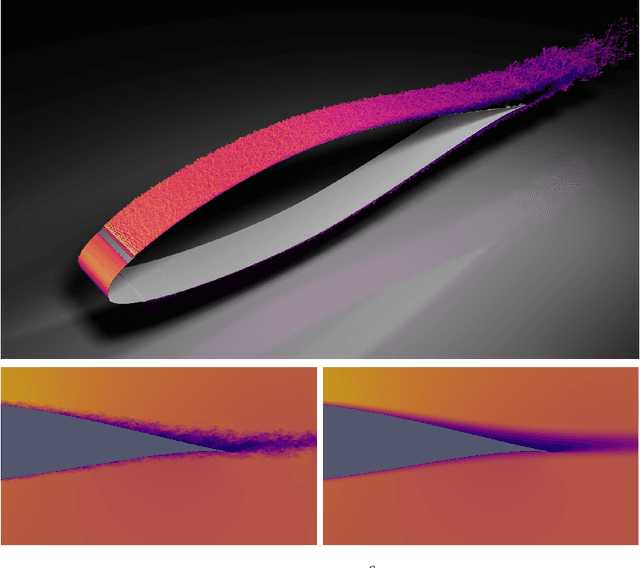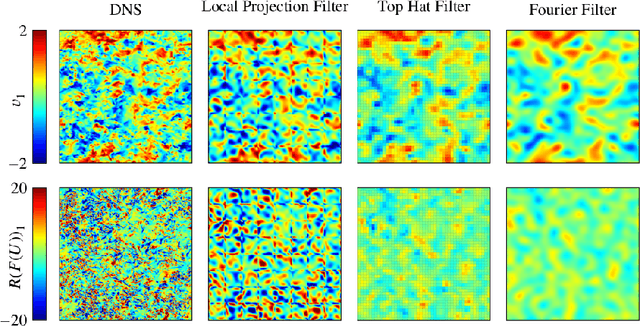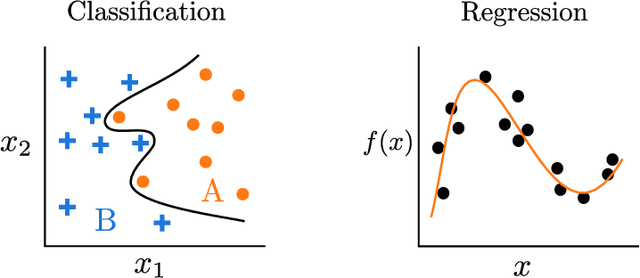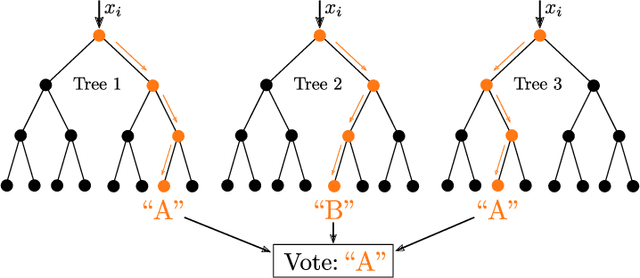A Perspective on Machine Learning Methods in Turbulence Modelling
Paper and Code
Oct 23, 2020



This work presents a review of the current state of research in data-driven turbulence closure modeling. It offers a perspective on the challenges and open issues, but also on the advantages and promises of machine learning methods applied to parameter estimation, model identification, closure term reconstruction and beyond, mostly from the perspective of Large Eddy Simulation and related techniques. We stress that consistency of the training data, the model, the underlying physics and the discretization is a key issue that needs to be considered for a successful ML-augmented modeling strategy. In order to make the discussion useful for non-experts in either field, we introduce both the modeling problem in turbulence as well as the prominent ML paradigms and methods in a concise and self-consistent manner. Following, we present a survey of the current data-driven model concepts and methods, highlight important developments and put them into the context of the discussed challenges.
 Add to Chrome
Add to Chrome Add to Firefox
Add to Firefox Add to Edge
Add to Edge